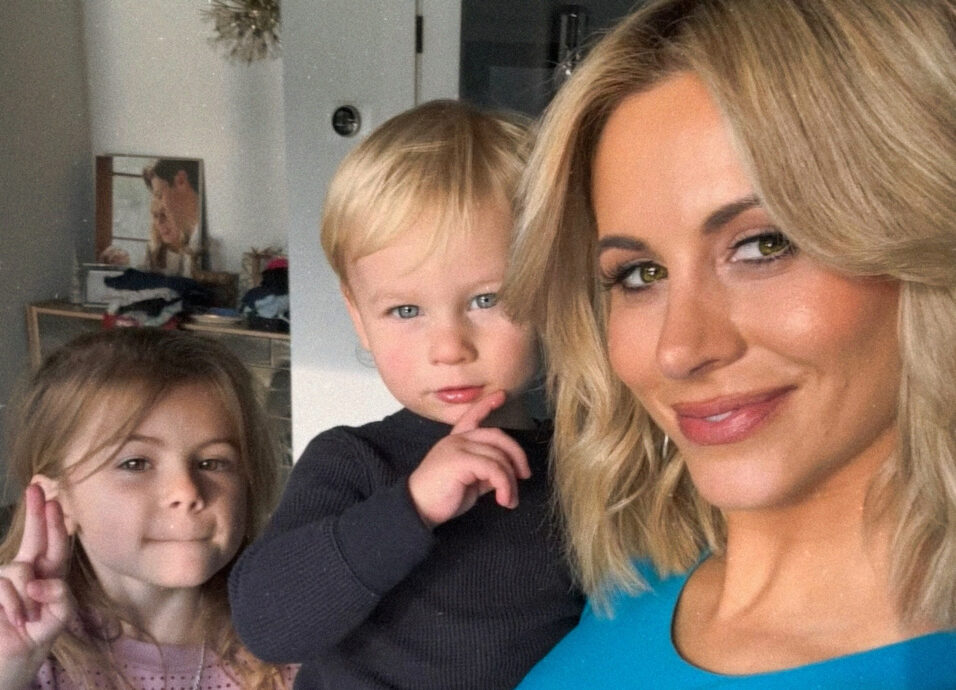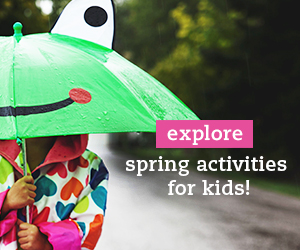You come home from a long day at work. You open the door and see your little darling. You pull him into your arms and give him love, love, love! Unfortunately, we’re not talking about your child—we’re talking about your dog. Yes, sometimes moms are sweeter to their pets than they are to their children. So, that’s one way we need to treat our children like dogs!
What about discipline? We accept that we’ll have to remind our puppy over and over not to chew our shoes. But when our child makes the same mistake more than once we say, “How many times do I have to tell you not to do that?”
It’s not such a crazy idea that kids and dogs can benefit from similar treatment, in some cases, here are 10 Things Parents Can Learn from the Dog Whisperer.
1. Be the Alpha Dog. Be confident in your parenting. Let them know you are in charge and are the “alpha-dog.” Your children will pick up on this and be confident in you as their parent/owner.
2. Give Them Treats. Encourage and praise your children for doing the right thing and showing good behavior, just as you would give your dog a treat for being good.
3. Be Consistent. Dogs learn new behaviors through repetition and consistency. Be consistent with rules and discipline so lessons can be learned. Inconsistency sends the wrong message.
4. Play. Puppies are playful, and so are children. Make time in your day to play with your kids and let them be children. Let them act silly, get a little loud and run off some of their puppy energy.
5. Keep them on a Leash. When dogs are small, they need to be kept close so they don’t run off and get into danger. Children need close supervision too. Even as they leave the tiny puppy stage, you still need to be very aware of the details of their school life and friend life.
6. Work as a Team. You and your husband should have the same philosophy about raising your children. If you tell your kids no, but your husband goes against you and tells them yes, it’s like a puppy begging at the table—it will go to the person more likely to give it food.
7. Expand their World. From an early age, children and dogs need to be socialized with people outside the home and with peers. Learning to interact with others is essential and important for development. Once children get older, socialization is still important. Children are easily influenced by their peers so it is important that you as a parent are aware of who your children spend time with.
8. Lavish Them With Love. We reward every little thing our puppy does right; do the same for your children. Hug them every day. Kiss them and show them all of the love you feel in your heart.
9. Reprimand Quickly and Then Forgive. Make sure you address behavior issues right away so they are fresh in the child’s mind. Be fair with punishment. Do not hold grudges. Forgive your children, but stay firm with punishments. When the discipline is complete, move on.
10. Train them for the Long-Term. Put in the time when the child is young and the end result will be good behavior when they’re grown.






